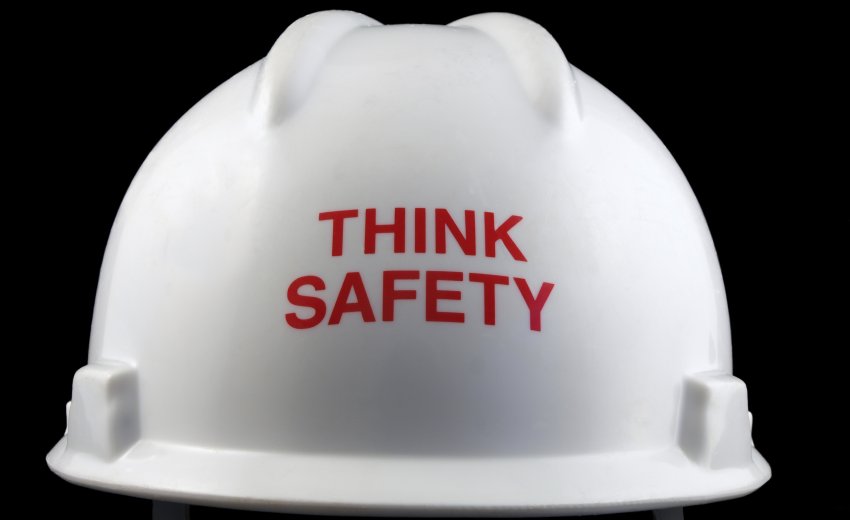Since Sikh men wrap turbans and sport full beards, the issue of workplace safety poses some unique concerns. The turban keeps the hair in place, keeps it clean, and maintains an overall neat appearance. However, the kesh has presented an issue in the modern-day factory, especially when that factory’s standards include hard hats or respiratory equipment.
Hard Hats
OSHA, the American government agency enforcing protective workplace standards, has had the same regulations for hard hats on Sikhs since 1994. A worker may refuse a hard hat for religious reasons, if the hard hat interferes with a head covering. The only two religions exempt from hard hats that are recognized by OSHA are old order Amish and Sikh Dharma brotherhood. According to directive STD 01-06-005, the following guidelines must be followed in these situations:
1. OSHA officers must not issue citations against the employee or the business for these hard hat violations.
2. Citations may be issued to employers who have not warned employees of overhead hazards when hard hats are not worn. Instruction regarding overhead hazards must be documented. This documentation must be on file for construction and non-construction workers.
3. Every instance of employee refusal to wear hard hats, along with other personal protective equipment, must be documented to the Regional OSHA Office, allowing for the agency to monitor refusals.
4. When a local OSHA inspector considers issuing a citation due to personal protective equipment refusal, that inspector must first contact the National Office.
Respirators
In 2011, a letter was exchanged between OSHA director Thomas Galassi and the Sikh American Legal Defense and Educational Fund regarding the regulation of respirators. The results were as follows.
There is no need for OSHA to regulate respirators, as loose-fitting, government approved equipment exists that fits properly over beards. Further, the Respiratory Protection Standard states that employers must choose, and pay for, appropriate respirators and other personal protection equipment that compensates for the existing respiratory hazards. The letter further stated that a worker may use their own personal protective equipment, as long as it adhered to government standards, and as long as the employer ensures its proper handling and sanitation. This means that an OSHA inspector may cite a workplace for lack of respirators, and lack of employees using available respirators, but may only cite the actual equipment if it is not built to follow current government regulations.
Staying safe at work while practicing our religion requires more personal awareness than it may for others because the hard hat rule does not apply. Use caution, be mindful, and keep up on all documentation to keep the employer as well as all employees safe.
